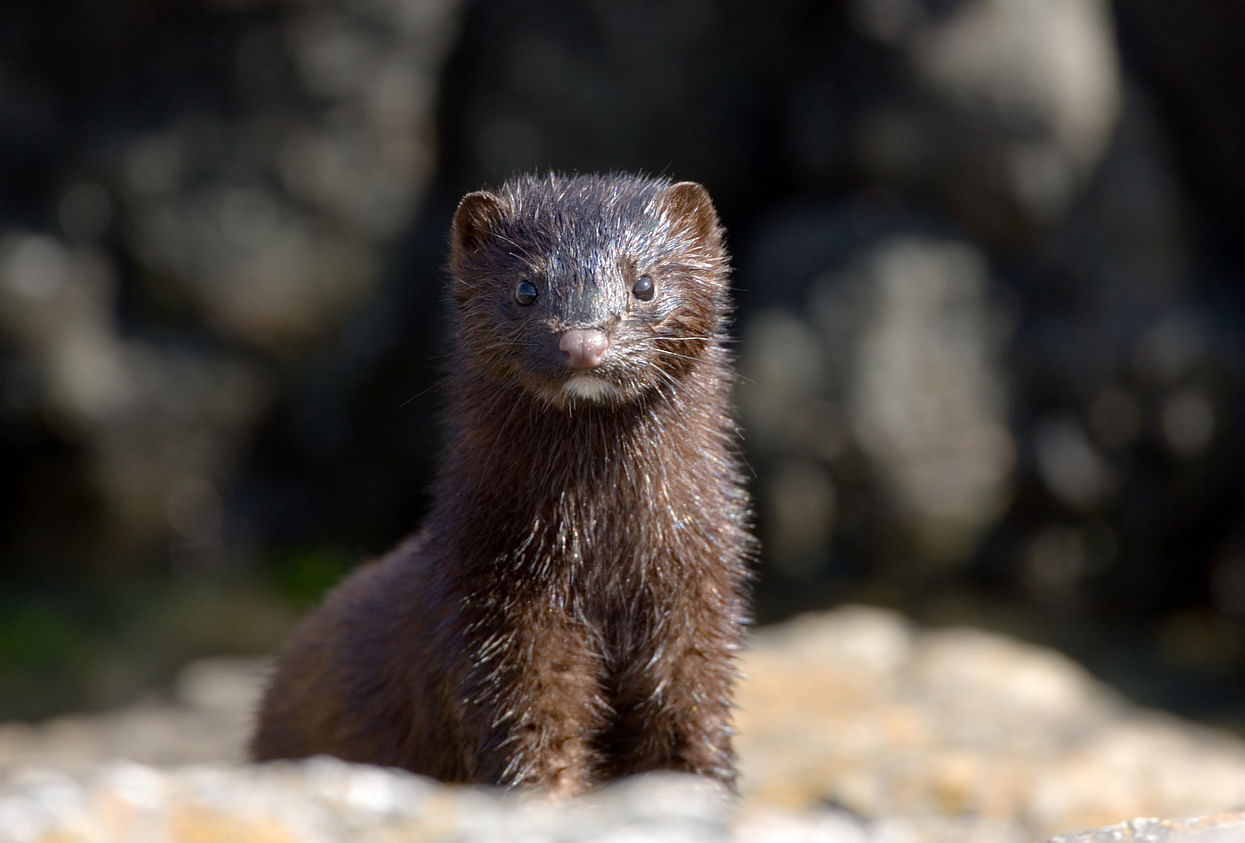
A Dutch mink farmworker likely caught coronavirus from the animals kept there, in the country's first reported case of animal-to-human transmission, the agriculture minister said.
The case happened on one of two farms near the southern city of Eindhoven where the disease was earlier found among the mammals, which are bred for their valuable fur.
Researchers compared the genetic code of the virus found in the mink to that of the patient, creating a "family tree" to map its mutation, minister Carola Schouten said late Tuesday.
"It is concluded from this investigation that it is plausible that one employee of an infected mink farm was infected by mink," Schouten said in a letter to parliament.
The minister, however, downplayed fears of other animal-to-human infections, saying air and dust samples outside the mink pens did not contain any virus.
But the Netherlands has further tightened measures, making screening of all mink farms for the virus mandatory and banning visits to all infected farms, she added.
Authorities are also looking at the role of feral farm cats in spreading the virus between the two infected farms. Three cats on one of the farms were found to have the virus, the government said last week.
Keeping mink for their fur has been a controversial issue in the Netherlands, with its highest court in 2016 ordering that all mink breeding must cease by 2024.
The Netherlands has so far recorded 5,715 human coronavirus deaths and 44,249 infections.